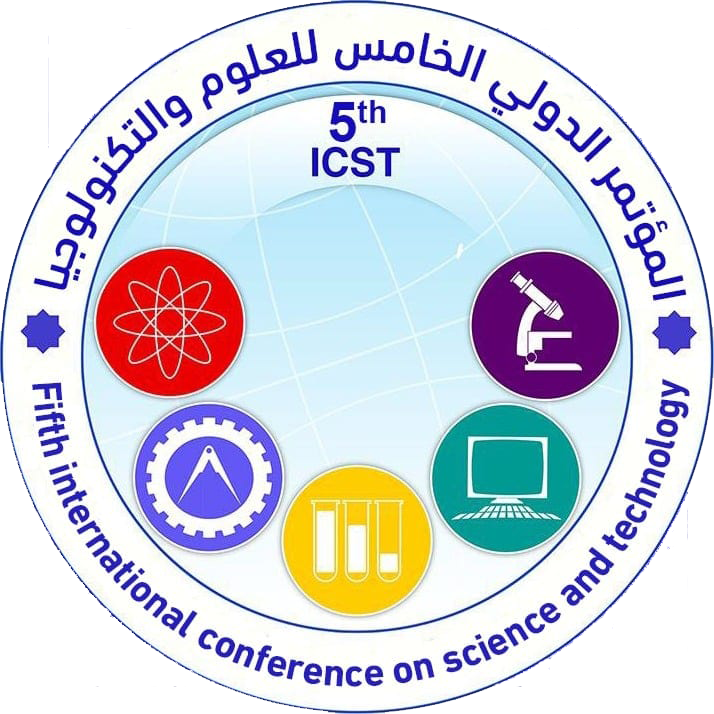Conceptual problems surrounding intangible cultural heritage in international law
DOI:
https://doi.org/10.51984/johs.v21i4.2184Keywords:
Customs and traditions, Globalization, Intangible cultural heritage, International law, Legal protectionAbstract
This The protection of the intangible cultural heritage represents one of the most important challenges that members of the international community have had to raise in recent years, due to the difficulty that accompanied the international efforts that were made to preserve the various components of the intangible cultural heritage, which became more complex after the effects of globalization spread through the society of some countries. Which failed to address the demise of the most important features of its intangible cultural heritage of customs, traditions, and knowledge passed down generation after generation since ancient times. The de facto situation has led to a redoubling of efforts exerted at the legal level, especially within the framework of international law, to put an end to this negative phenomenon, and to surround this basic aspect of cultural heritage with adequate protection from threats to it.
Downloads
Downloads
Published
Issue
Section
License
Journal of Humanities Policy on Intellectual Property and Plagiarism
1. Commitment to Intellectual Property and Ethics
The Journal of Humanities (JOHS) is fully committed to respecting intellectual property rights and aims to protect the originality and authentic work of authors who submit their manuscripts for publication. The journal takes a firm stand against articles that contain any form of plagiarism and emphasizes the need for all researchers to adhere to the highest ethical standards in scientific research.
2. Anti-Plagiarism Policy
The journal considers plagiarism a serious violation of academic ethics. Therefore, authors must ensure that their work is original and not plagiarized, and that any use of external sources is properly cited and documented according to correct academic standards.
-
Actions Taken: In the event that any plagiarism or academic theft is discovered in a submitted article, the editorial board will contact the author to request a formal explanation within a maximum period of two weeks from the date of notification.
-
Investigation and Decision: After receiving the explanation, the article will be referred to the journal's specialized committees, which will investigate the matter and take the necessary measures, which may include the permanent rejection of the article and the imposition of disciplinary actions.
3. Publication License and Author Rights
The journal adopts the Creative Commons license type Attribution-NonCommercial-NoDerivs 4.0 International (CC BY-NC-ND 4.0), which allows for the following:
-
Attribution: Users are entitled to cite the content published in the journal and use it in their work, provided that the original source and author are clearly credited.
-
Non-Commercial: The published content may not be used for any commercial purpose.
-
NoDerivs: It is not permitted to make any modifications, distortions, or to build derivative works from the published content.
Under this license, authors are required to complete an exclusive license agreement for the journal. Authors retain the rights to their research data and may reuse and share their work for scientific purposes with proper citation.







